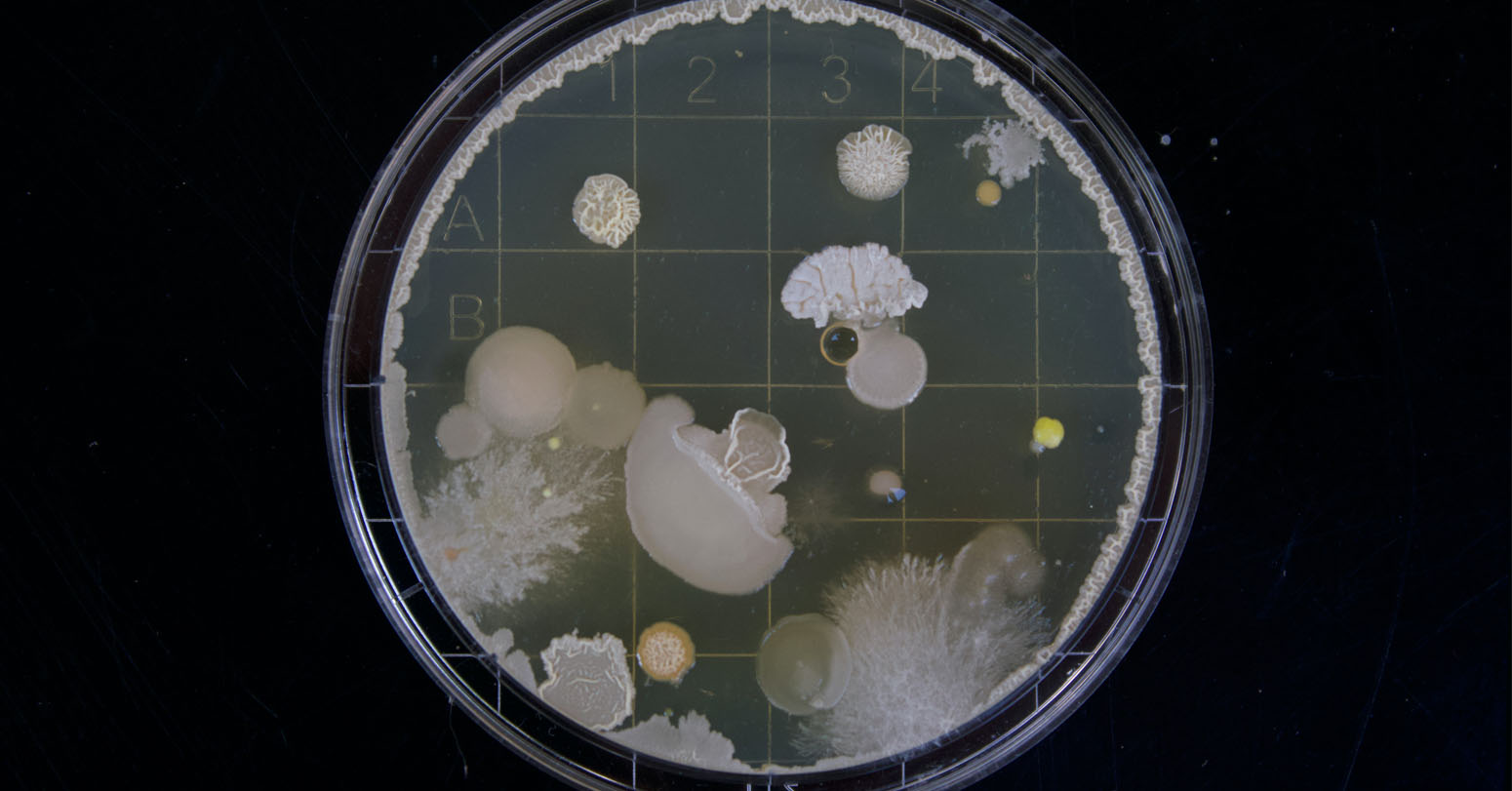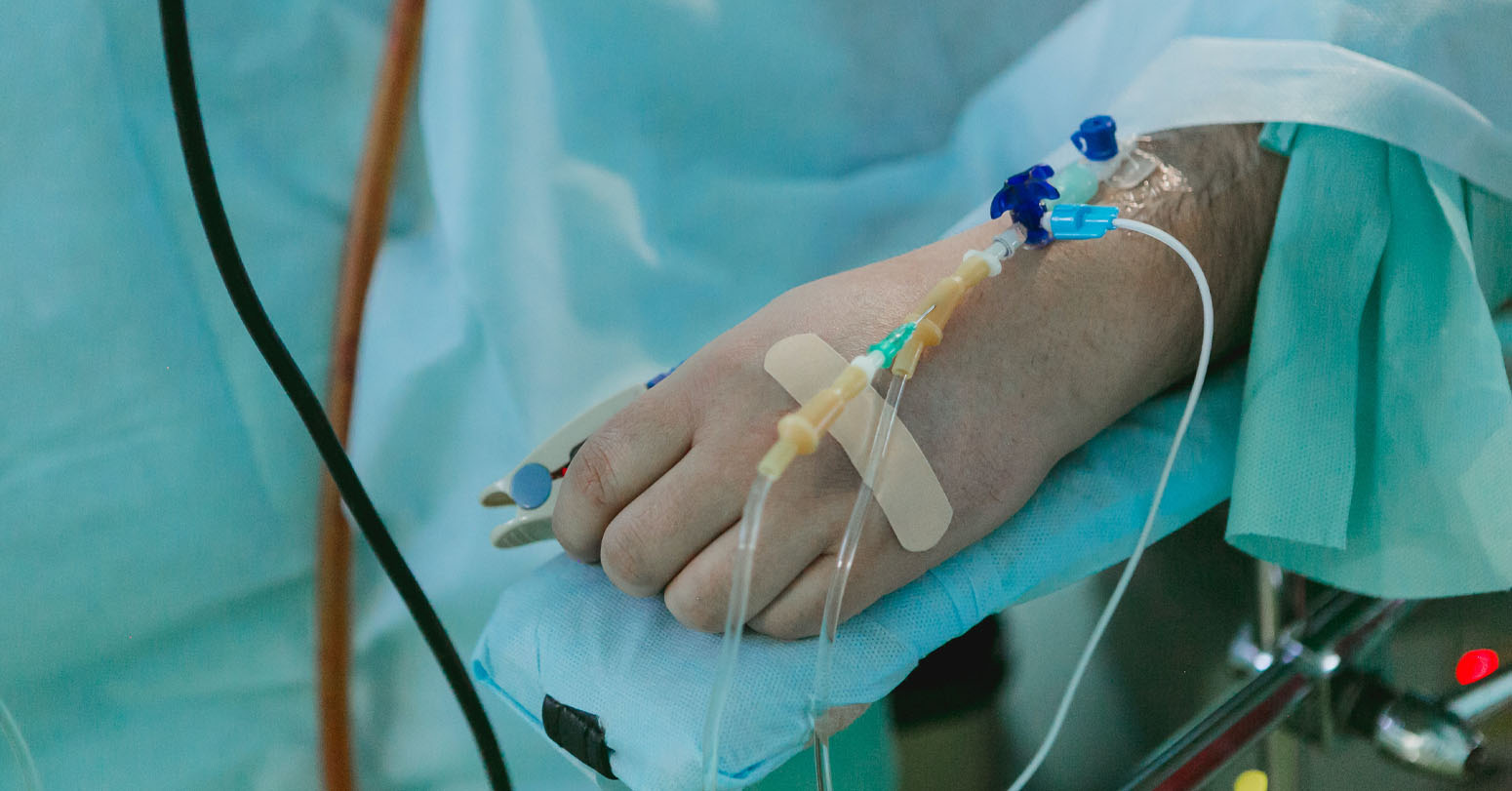
The liver is crucial in detoxifying the body, metabolising nutrients, and regulating critical bodily functions. However, poor dietary choices can significantly harm liver health, leading to conditions such as fatty liver disease, cirrhosis, and liver damage.
Certain foods and beverages, especially when consumed in excess, can exacerbate liver issues. Based on insights from nutritionists, below are four foods that negatively affect liver health.
1. Sugary drinks
Sugary beverages such as sodas and energy drinks are detrimental to liver health due to their high sugar content. These drinks promote fat accumulation in the liver, leading to non-alcoholic fatty liver disease (NAFLD).
Consultant dietician and diabetes educator Kanikka Malhotra highlights that excessive sugar consumption can contribute to weight gain, obesity, and metabolic conditions, all of which place a heavy burden on the liver. Over time, this fat buildup can cause liver inflammation and scarring, increasing the risk of cirrhosis.
2. Processed meats
Heavily processed meats like sausages and hotdogs are rich in saturated fats and sodium, which can harm the liver.
When cooked at high temperatures, they produce harmful compounds such as heterocyclic amines, which increase stress on the liver.
Excess consumption of these meats can lead to liver inflammation and damage, as well as a higher risk of cirrhosis. Moreover, the high salt content in processed meats can elevate blood pressure, further stressing liver function.
3. Fried and fatty foods
Fatty and fried foods, mainly those high in saturated and trans fats, contribute to liver damage by encouraging fat buildup in the liver.
Malhotra mentions that these foods can cause liver cells to become inflamed, leading to conditions like NAFLD. Fried foods are not only calorie-dense but also challenging for the liver to process, often resulting in sluggish liver function and inflammation. Over time, this can lead to scarring and the development of cirrhosis.
4. Excessive alcohol
Alcohol is a well-known liver toxin. When consumed in excess, it is processed by the liver into harmful chemicals that cause inflammation, cell damage, and scarring. Over time, excessive alcohol consumption can lead to cirrhosis, a severe and irreversible liver condition.
Both Malhotra and Kumar emphasise the importance of limiting alcohol intake to protect liver health, as alcohol can impede the liver’s ability to detoxify the body and regenerate itself, causing long-term damage.
DISCLAIMER: This article is based on information from the public domain and/or the experts we spoke to. Always consult your health practitioner before starting any routine.


















Middle-aged man spends millions to
Dr. Dharam Raj Upadhyay: Man
Children, Greatest Victims Of Sudan’s
Breathing The Unbreathable Air
Comprehensive Data Protection Law Critically
Gender Differences In Mental Healthcare